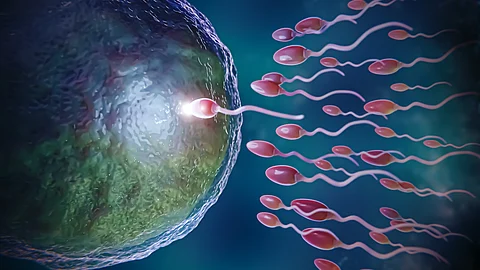References:
[1] Pang, Ronald T. K., and P. C. Ho. 2016. “Designer Babies.” Obstetrics, Gynaecology and Reproductive Medicine 26 (2): 59–60. https://doi.org/10.1016/j.ogrm.2015.11.011.
[2] Segers, Seppe, Guido Pennings, Wybo Dondorp, Guido DE Wert, and Heidi Mertes. 2019. “In Vitro Gametogenesis and the Creation of ‘Designer Babies.’” Cambridge Quarterly of Healthcare Ethics: CQ: The International Journal of Healthcare Ethics Committees 28 (3): 499–508. https://doi.org/10.1017/S0963180119000422.
(Input from various sources)
(Rehash/Sanika Dongre/MSM)


